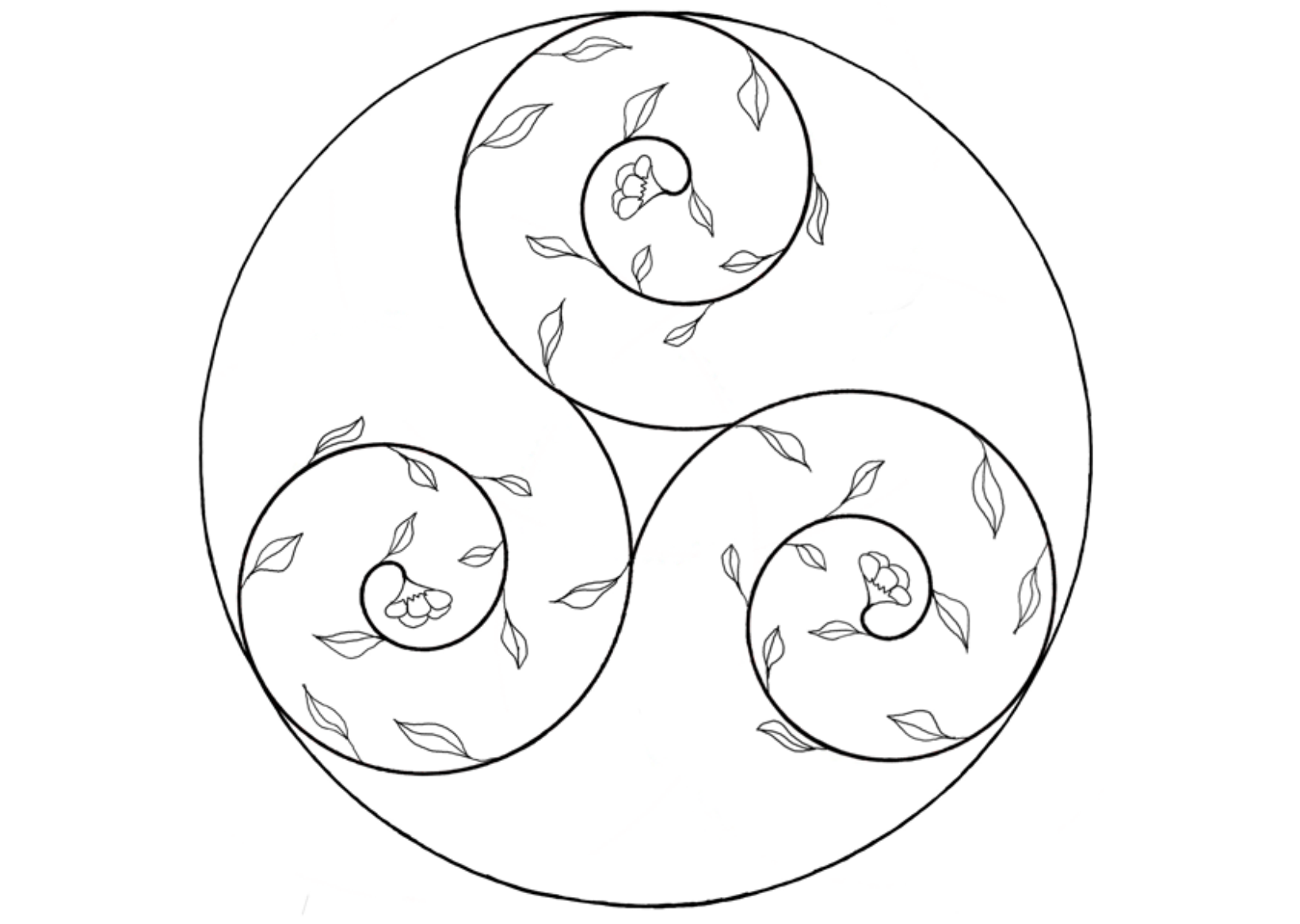Lemon Balm, Melissa officinalis, or simply known as Melissa, is a member of the Lamiaceae family. Its name comes from the Greek mélissa for honey bee as this, like many of the mint family, is popular amongst pollinating insects. In fact, it can be used to attract bees to a hive. lemon balm was originally a native of the Mediterranean but has naturalised all over the world, such is it’s popularity. Lemonbalm was highly valved as a herb, being planted regularly in monastery gardens. Paracelsus said it ‘completely revivify a man’ and John Gerard said ‘It comforteth the hart and driveth away all sadness‘. Its energetics are bitter, cooling and sour. Magically, lemonbalm is associated with emotional health. It is the herb of friendship, love, support and spiritual growth.
Lemon Balm is a herbaceous perennial that grows wild in Southern Europe, Africa and Asia but is planted in gardens worldwide. Like most mints, Lemon Balm grows rapidly and best contained in a pot.
The key natural constituents of lemon balm are:
Triterpenoids, terpenes, flavonoids, caffeic acid, linalool, geraniol, citral, citronellol, citronellal, polyphenols, rosmaric acid, ferulic acid.
This product contains dried leaves.
Suggested use: Add 1 to 2 teaspoons per mug of freshly boiled and slightly cooled water, allow to steep for 5 to 10 minutes and strain to remove herbs.
Please do remember that magical descriptions are for entertainment purposes only. Do not give herbs to children and be aware that if you are taking prescription medication, have a known medical condition or are pregnant or lactating, you should seek advice from your medical practitioner and a qualified herbalist who is a member of a professional organisation such as NIMH or CPP before taking herbs. Please do not offer herbs to other people without making them aware that they should also follow this advice.










Reviews